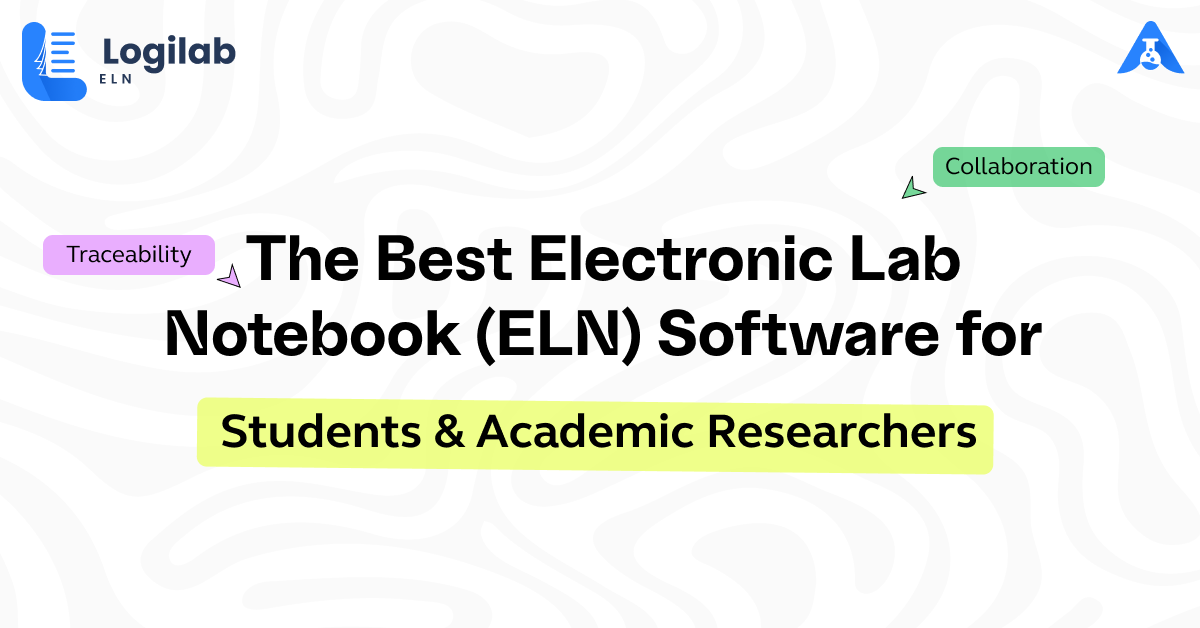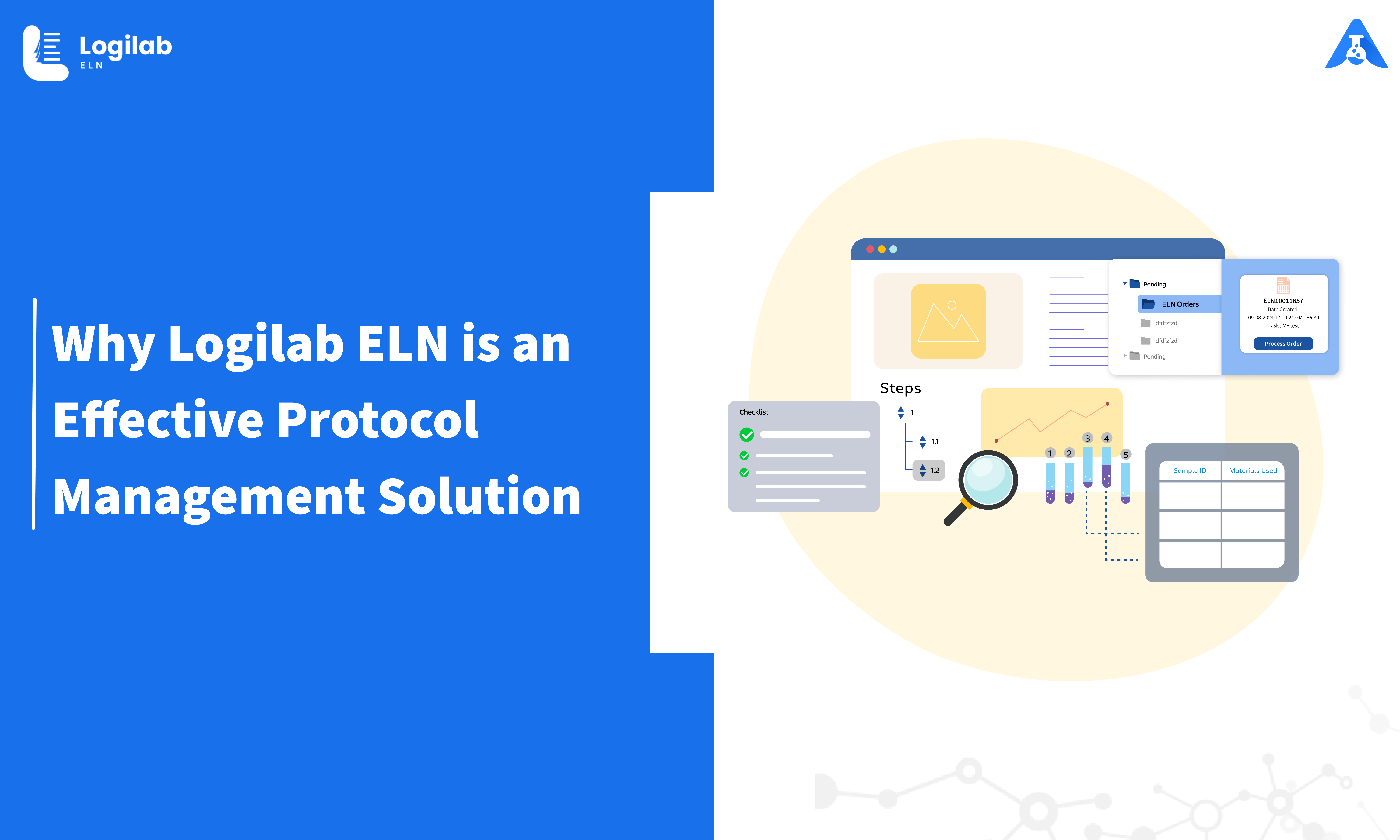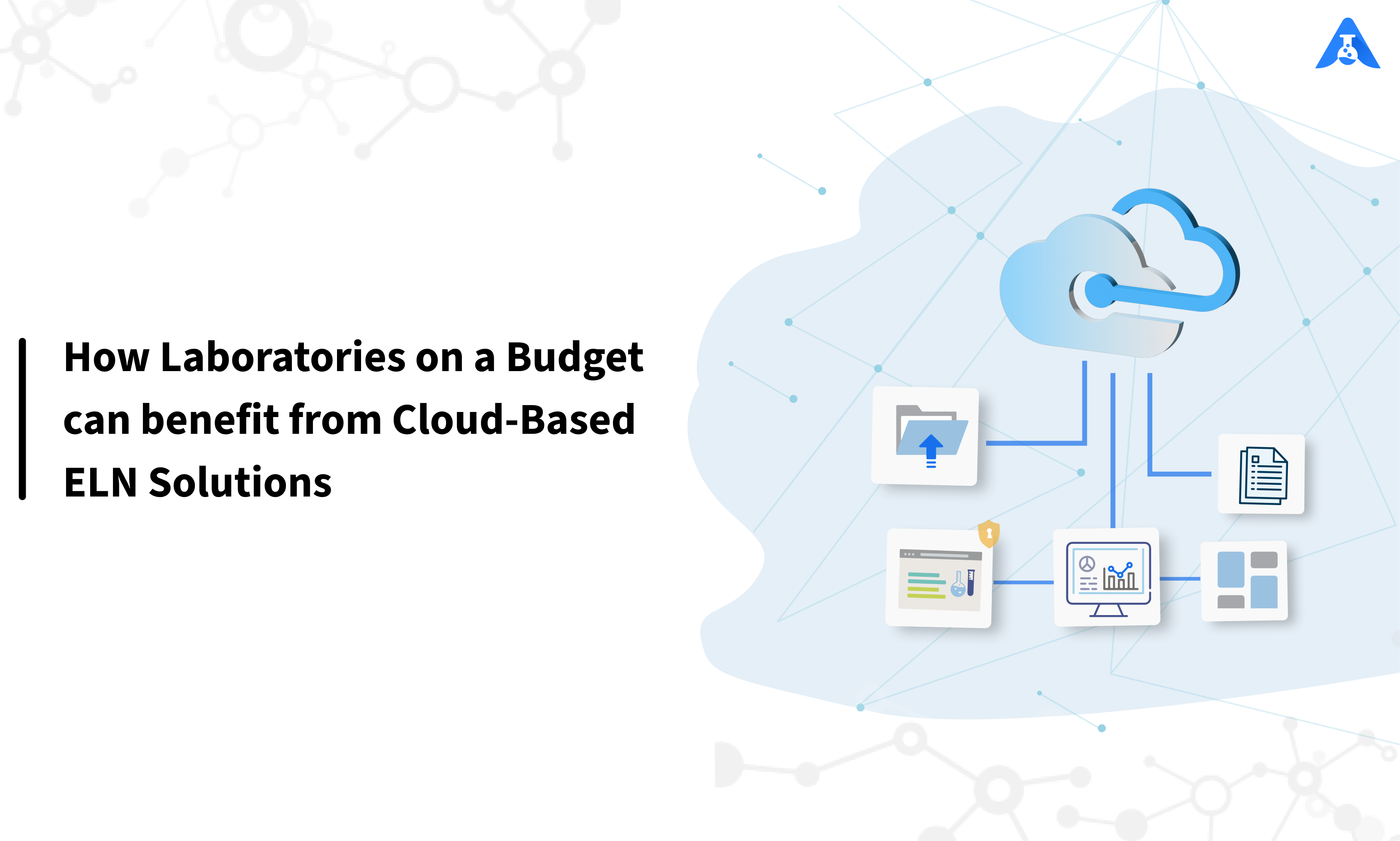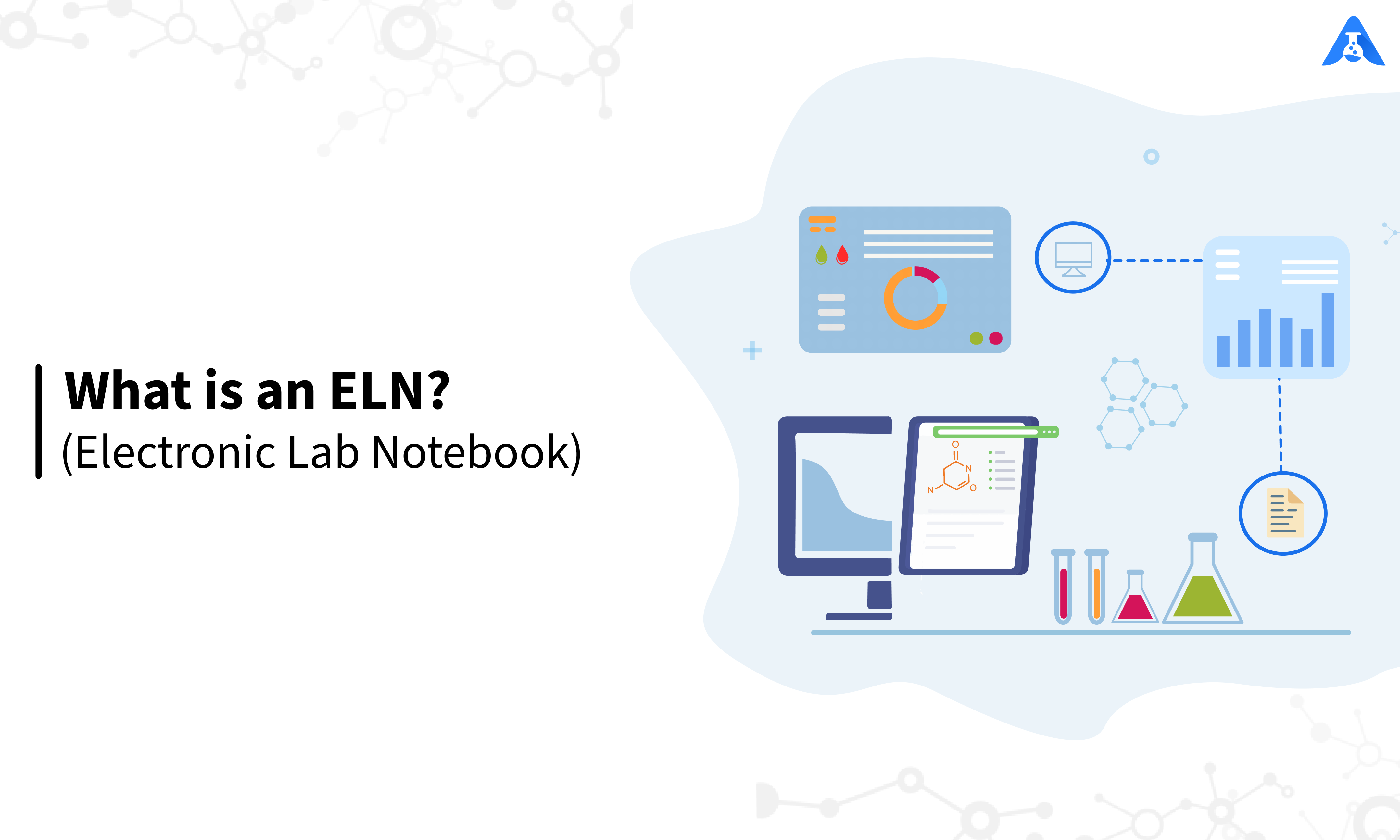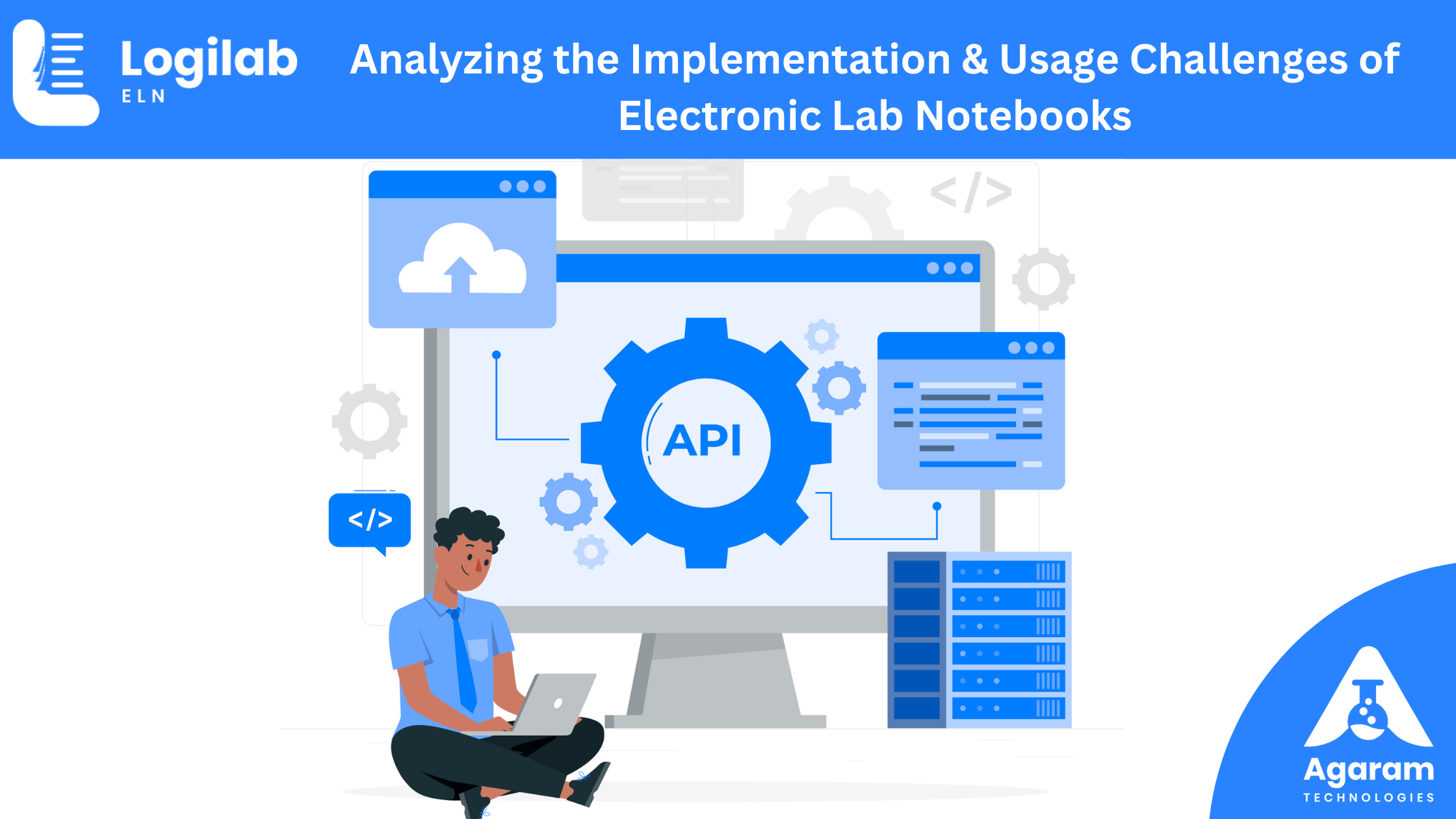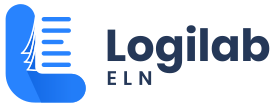Laboratories are characterized by their diversity, as they vary significantly in terms of their function, discipline, objectives, procedures, culture, & size. For instance, an R&D lab and a QC Regulated lab may share similar disciplines but have little else in common. The uniqueness of each laboratory environment implies that generic ‘one-size-fits-all’ solutions are seldom ideal, even though laboratory software is often expected to be a perfect fit for every type of lab. But often, this is not the case with labs working in the regulated industry. Labs in this industry often look for certain key features such as data traceability, secure access, and compliant data capture.
Requirements of the Regulated industry
Companies operating in regulated industries must adhere to specific laws, regulations, and compliance standards, and may be subject to inspections, audits, and penalties for non-compliance. As a result of this, all companies & laboratories must follow ‘GxP’ guidelines to ensure product quality, safety, and efficacy.
- Good Manufacturing Practice: GMP is a set of regulations that govern the manufacturing process of products to ensure that they are consistently produced & controlled to meet quality standards.
- Good Laboratory Practice: GLP is a set of guidelines that are followed to ensure the quality and integrity of the data generated from the studies.
- Good Clinical Practice: GCP is a set of guidelines that are followed in clinical trials to ensure that the rights, safety, and well-being of the study participants are protected, and that the data generated from the trials are reliable and accurate.
- Good Distribution Practice: GDP is a set of guidelines that are followed in the distribution of products to ensure that they are transported and stored under appropriate conditions, and that their quality is maintained throughout the distribution process.
The current scenario
Today’s market has a wide variety of ELN solutions. As ELNs are inherently experiment & research centric solutions, most of them are naturally made with R & D labs in mind. Almost all these solutions are highly effective for research labs, and have the following functionality:
- Providing a paperless environment for recording lab experiments
- Protocol based data capture for capturing unstructured data & multi step procedures
- Inventory management for tracking lab consumables
- Report generation
But only a handful of these solutions are applicable to labs working in the regulated environment. Labs which are part of industries such as pharmaceutical, food & beverage, & chemical manufacturing all come under a multitude of compliance requirements as their final products are consumed by people all over the world.
This implies that apart from the above-mentioned generic features of ELNs, the solution they are using must also have specific features for the regulated industry which focus on helping these labs adhere to the GxP guidelines, compliance requirements and keep them prepared in the event of an audit by maintaining data integrity & traceability at every step. These key features are highlighted below.
Fundamental Features Necessary for the Regulated Industry:
Companies in the regulated industry evaluating implementing an Electronic Lab Notebook software look for certain non-negotiable features which ensure that the above mentioned GxP guidelines are maintained. In reality, most generic ELN solutions may not have one or more of these features, making them unsuitable for companies in the regulated industry. An ideal solution would be one that includes all these features.
-
- Controlled Data Capture – Controlled data capture refers to the capture of structured data in the lab. The ideal ELN should be able to deal with large volumes of structured data efficiently & in a compliant manner. Features such as version control & automated data capture from instruments should be provided for integrity & accuracy of data.
- Electronic records protection & E-signatures – US FDA’s 21 CFR 11 mandates that electronic signatures are equivalent to wet signatures made on paper, for authenticating documents and work. A compliant ELN must support electronic signatures.
- Audit Trails – Date & time stamped audit trails provide complete transparency & traceability of all actions performed within the ELN by users. As the name suggests, audit trails help companies to face audits & other compliance requirements at the click of a button, by archiving all actions & changes made in the system securely.
- Data Security – Data integrity & security come first in the regulated industry. ELNs should have robust security measures (like data encryption & cloud based storage) to protect against unauthorized access, tampering, data breaches, & natural disasters.
- Data Traceability – The data residing within the ELN solution must be fully traceable throughout its lifecycle. All data needs to be auto-versioned whenever modifications are made so the changes can be tracked, and access to the original version of data should be available at all times to ensure data integrity.)
- Role Based Privileges – The ELN must support the creation of different user roles for each type of personnel in the lab, and assignment of appropriate privileges to each respective role. This prevents unauthorised access of data, as each user belonging to a specific user role can only access screens which they have privileges to view.
Push the boundaries of Scientific Research while meeting Regulatory demands
It is undeniable that ELNs have transformed the way we record and manage scientific data. Nevertheless, it is vital to recognize that for regulated industries, such as pharmaceuticals, medical devices, and food & beverage, most of today’s ELNs fall short of meeting essential requirements. With data integrity, security, & traceability being of paramount importance in this field, these regulatory demands must be prioritised. Choosing the right ELN solution can enable companies to ensure that their research processes are efficient & reliable while simultaneously meeting regulatory requirements. By selecting a suitable ELN solution, companies can continue to focus on pushing the boundaries of scientific research, while the hassle of adhering to regulatory standards is taken care of by the built in features.
